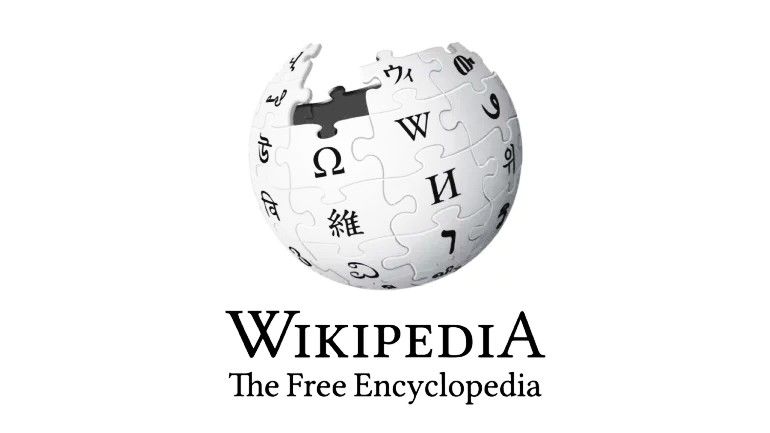Why did David Woodard, a relatively obscure composer, end up with Wikipedia articles in 335 languages?
At one point, that number surpassed entries for Turkey, the United States, or Japan. It’s perplexing. That alone asks a central, unsettling question: was this organic? The answer, it seems, is no.
An army of accounts, a decade-long self-promotion
A Wikipedia editor, “Grnrchst,” uncovered a sprawling network. Up to 200 accounts using multiple IP addresses over about a decade. These accounts created and translated many low-effort, often machine-generated stubs about Woodard. Often these articles were written in rare, constructed, and major languages alike. The campaign wove his name and images into unrelated articles too. What looked like simple multilingual coverage began to resemble stealthy self-promotion.
What it says about Wikipedia’s vulnerabilities
This isn’t just about one composer. It’s a vivid case study in how open platforms can be manipulated. Persistent, coordinated activity, even if dotted across many small edits, can drastically inflate someone’s visibility.
The campaign used minor, seemingly unrelated edits to mask its true intent, highlighting how easily malicious patterns can avoid detection. It underscores how fragile community-based projects can be when faced with determination and technical savvy.
What motivated this elaborate game?
Was David Woodard orchestrating this, or someone close to him? The evidence points to intentional, cynical self-promotion, creating layers of translated presence to boost his name artificially.
While a few speculated it might be an art project or experiment, that seems unlikely given the scale, duration, and coordination. Editorial patterns, account behavior, and sheer volume make it hard to interpret otherwise. Wikipedia editors eventually intervened and hundreds of articles were deleted, and involved accounts banned. Yet Woodard himself remains silent, with an invitation-only website and no public response.
Bigger questions raised
What drives someone to manufacture global prominence on Wikipedia rather than earn it? This campaign hints at deep insecurity, a relentless hunger for recognition, or a desire for legacy, or maybe all three.
It reflects our culture’s vulnerability when visibility becomes its own reward. It also offers a cautionary tale: no matter how open a platform may be, community vigilance must stay sharp.
The David Woodard saga reveals the power and weakness of open digital systems. It shows how relentless, coordinated action can distort influence and prominence. It also shows that communities can fight back.
For readers, the lesson is twofold. Be wary of what appears popular or widespread at face value, and value the integrity of shared information. Wikipedia is strong but not invincible.






